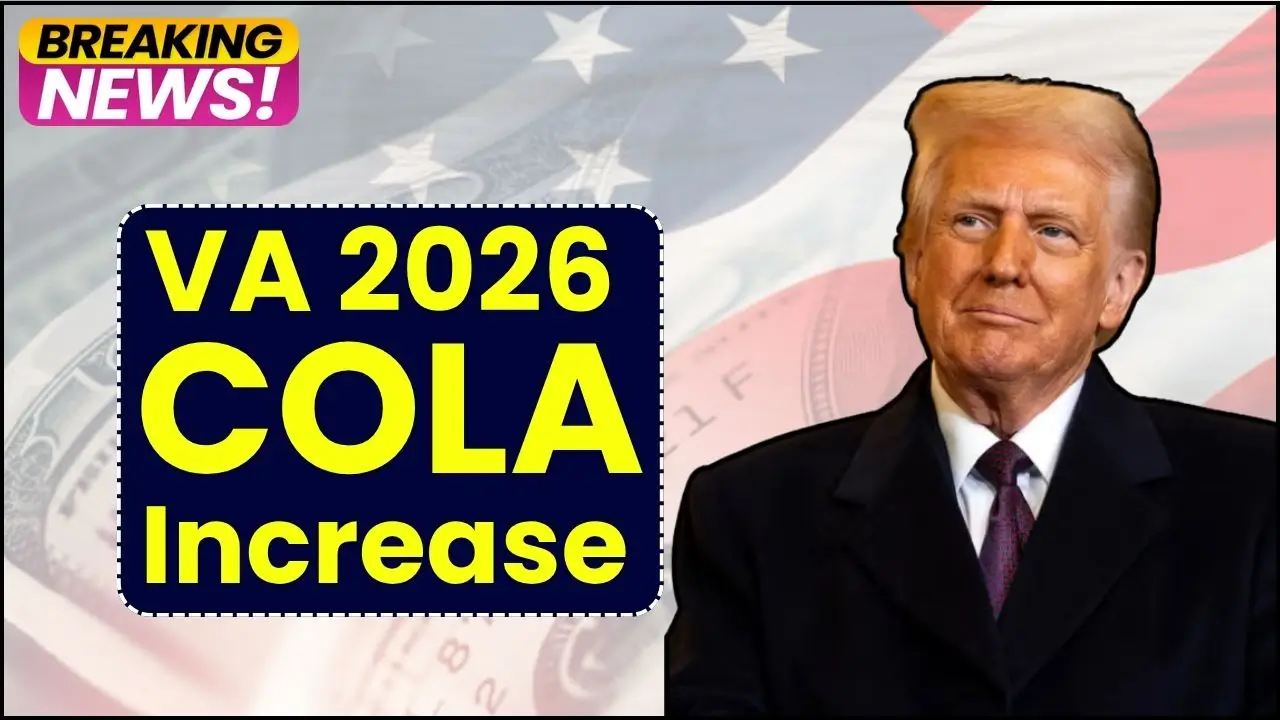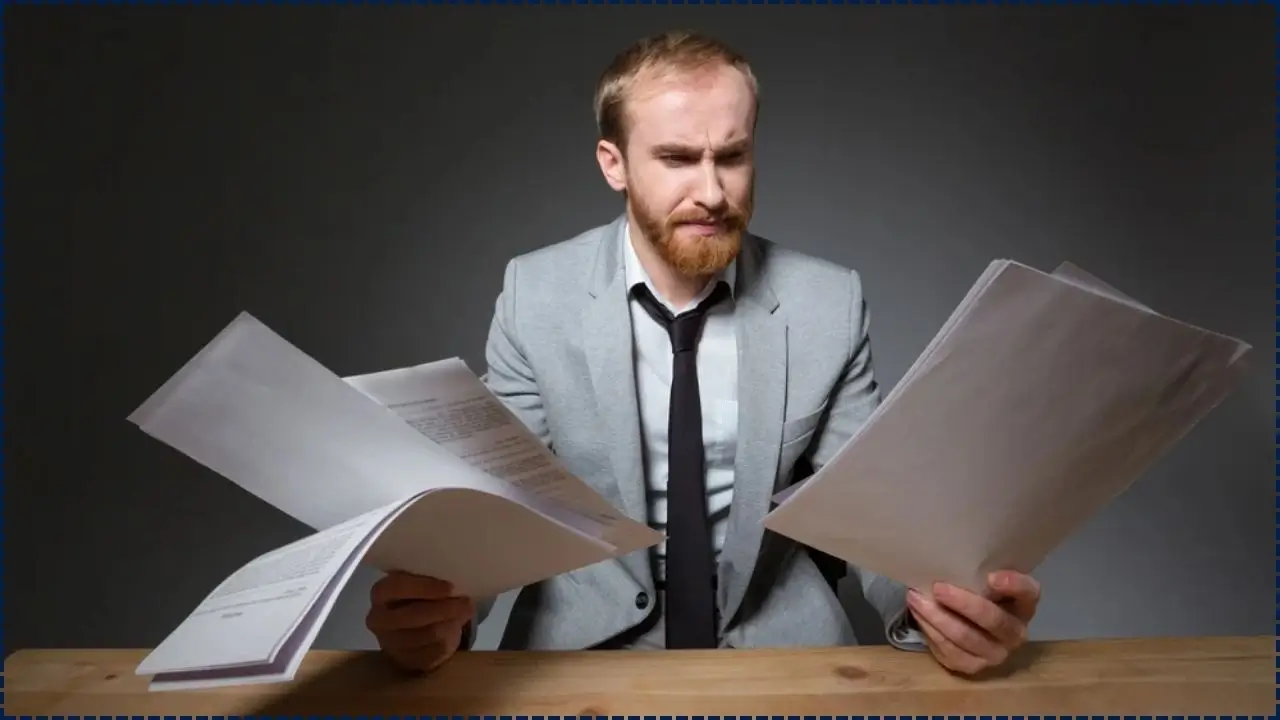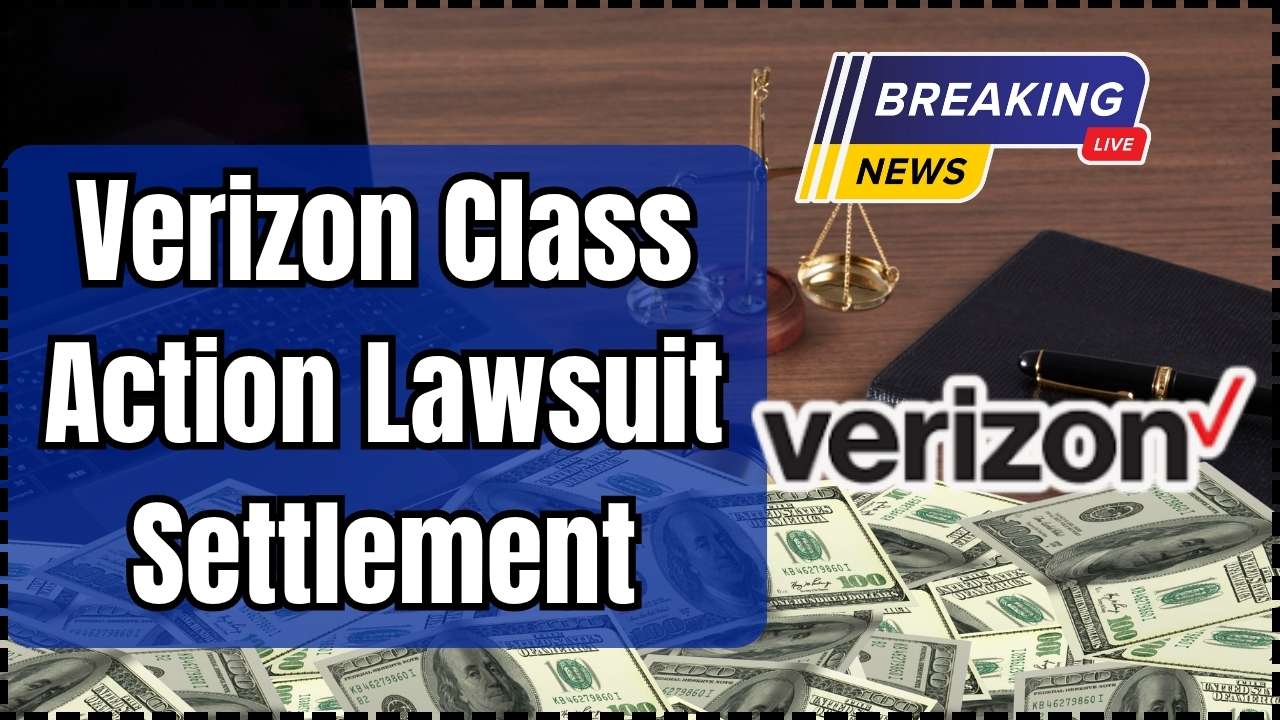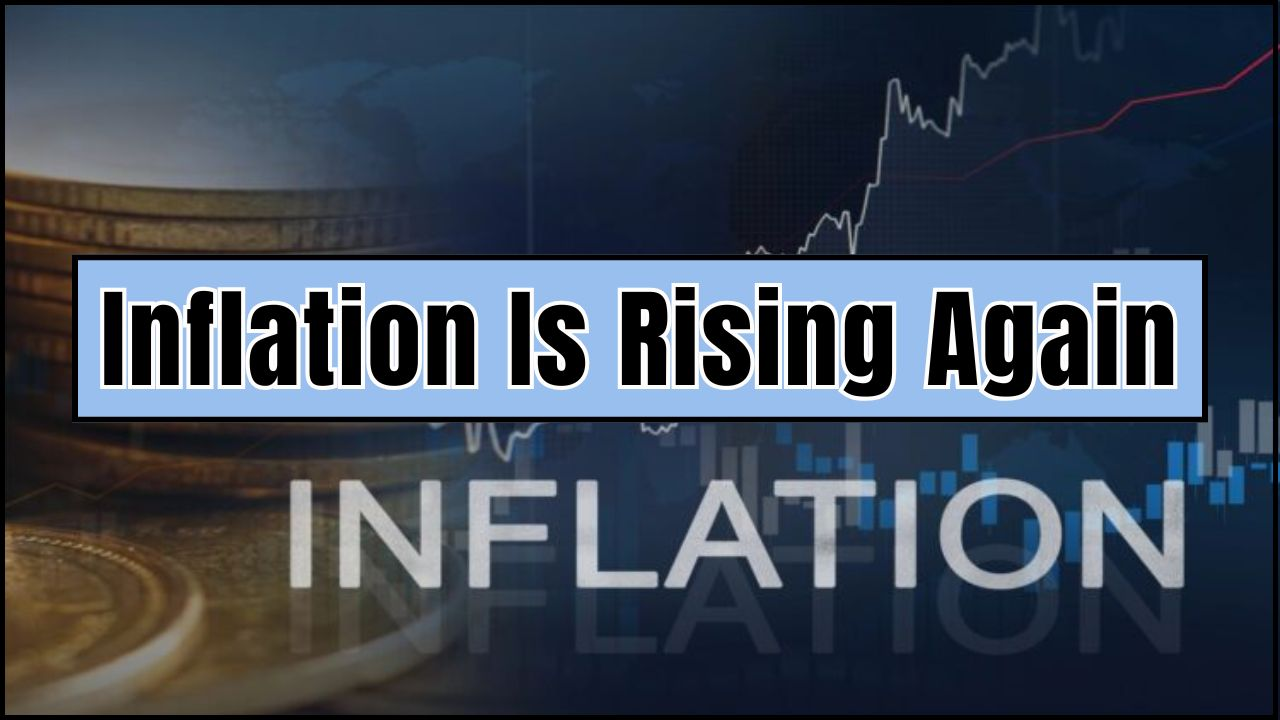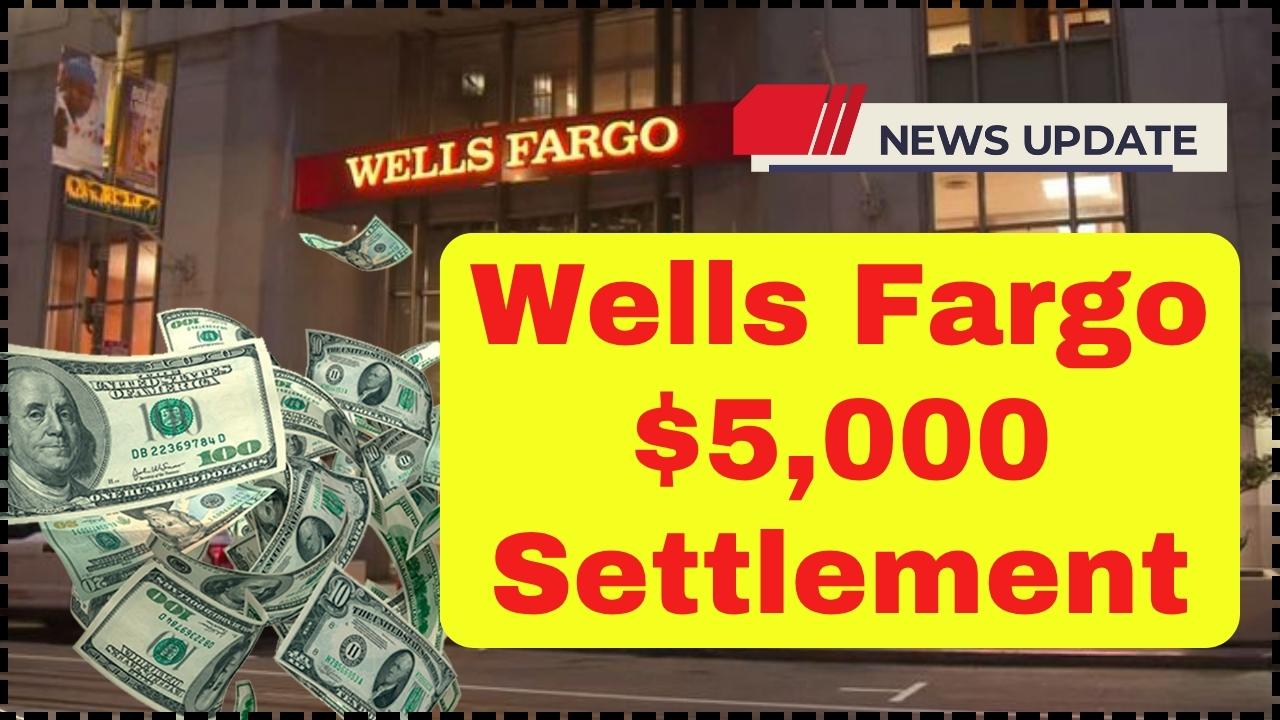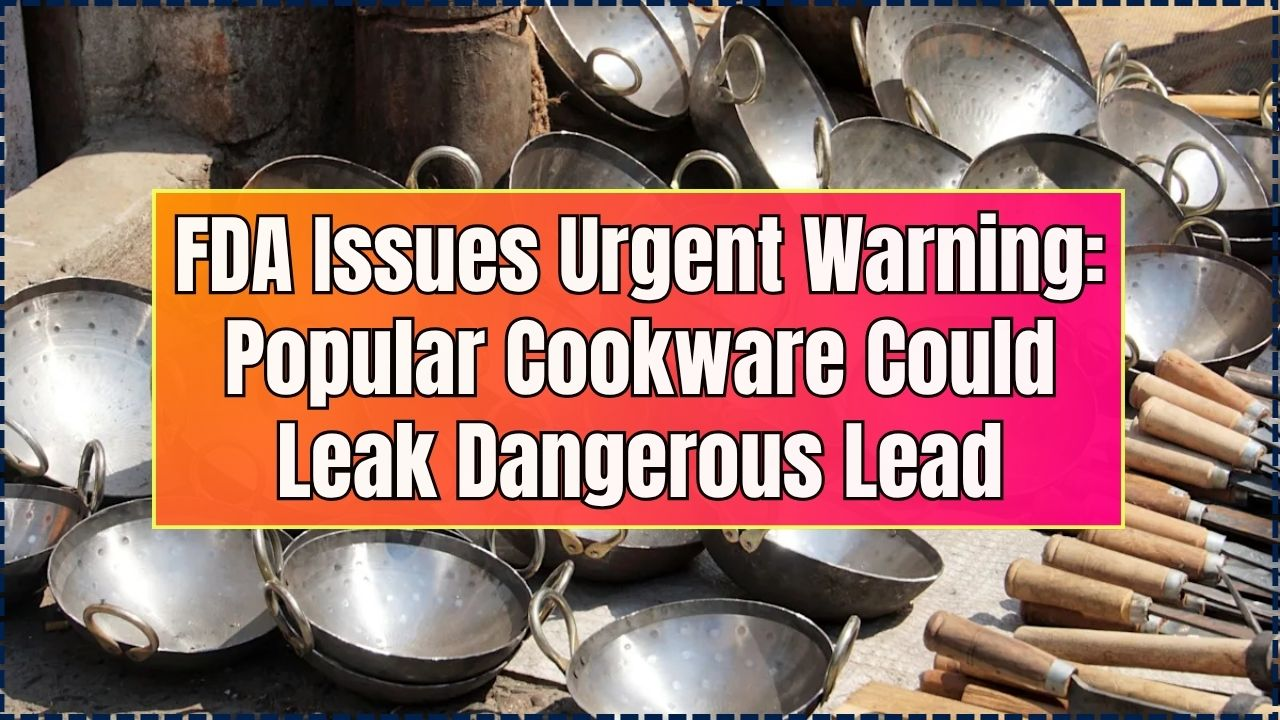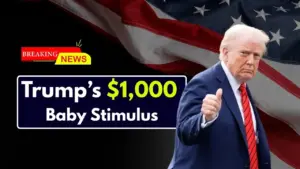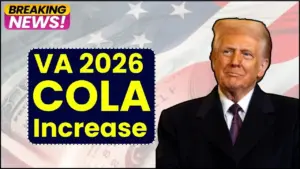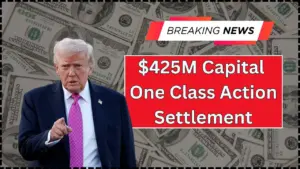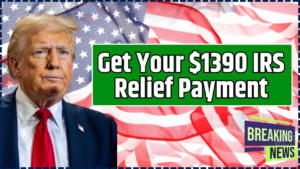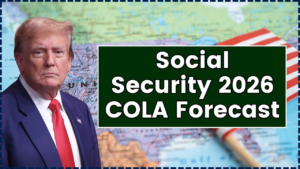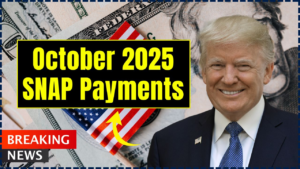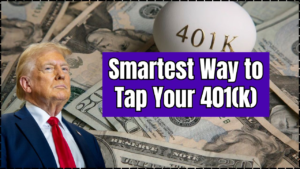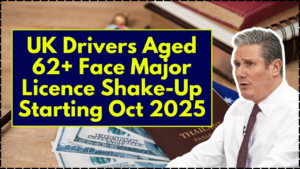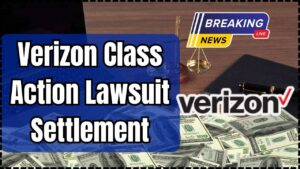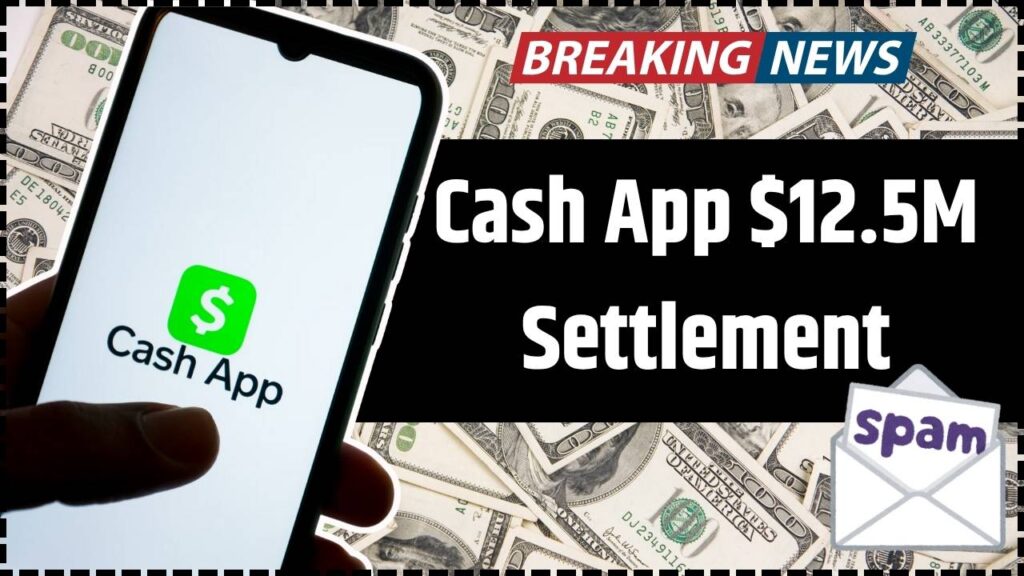
Cash App $12.5M Settlement: If you’ve ever received one of those surprise “Invite your friends and get cash” messages from Cash App, you’re not alone — and now, there’s some justice (and money) on the table.
Cash App has agreed to pay $12.5 million to settle a class action lawsuit over unsolicited spam text messages, and if you’re eligible, you could receive about $147. This isn’t just another internet rumor or scam. The lawsuit — Bottoms v. Block, Inc. — was filed in the U.S. District Court for the Western District of Washington. It accuses Block, Inc., Cash App’s parent company, of violating the Telephone Consumer Protection Act (TCPA) by sending promotional texts to people who never gave permission. In other words, Cash App allegedly spammed people’s phones — and now, they’re paying the price.
Table of Contents
Cash App $12.5M Settlement
The Cash App $12.5 million class action settlement isn’t just about a few extra bucks in your pocket — it’s about holding tech companies accountable for respecting your privacy. If you’re a Washington resident who received those “Invite Friends” texts, it’s worth checking your eligibility. Filing takes only a few minutes, and it could earn you close to $147. More importantly, it reminds corporations that consent isn’t optional in the digital age.
| Topic | Details |
|---|---|
| Settlement Name | Bottoms v. Block Inc. (Cash App Spam Text Class Action) |
| Settlement Fund | $12.5 million |
| Payout Range | Estimated $88–$147 per eligible person |
| Eligibility | Washington residents who received Cash App “Invite Friends” texts without consent |
| Text Period Covered | November 14, 2019 – August 7, 2025 |
| Claim Deadline | October 27, 2025 |
| Legal Basis | Violation of the Telephone Consumer Protection Act (TCPA) |
| Official Site | Cash App Settlement – Top Class Actions |
| Court | U.S. District Court, Western District of Washington |
| Administrator | Settlement Administrator appointed by the Court |
What’s Cash App $12.5M Settlement All About?
The Cash App spam text lawsuit focuses on one of the app’s marketing campaigns called “Invite Friends.” The program encouraged users to share referral links — but allegedly, the system also sent automated text messages to contacts without the recipients’ permission.
The plaintiffs claim these messages were sent using an automated telephone dialing system (ATDS), which is specifically regulated under the TCPA. According to the law, companies must obtain clear, prior consent before sending promotional messages via text or call.
This case highlights how technology, convenience, and privacy can sometimes clash. What might seem like a harmless referral program to one company can easily cross the line into unlawful marketing.
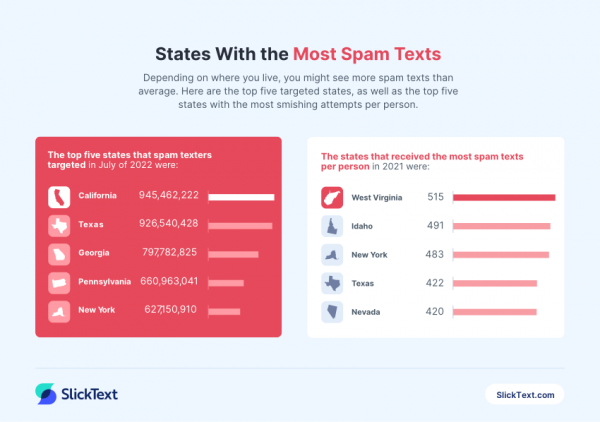
The Law Behind It: What Is the TCPA?
The Telephone Consumer Protection Act (TCPA) was enacted in 1991 to protect consumers from telemarketing abuse. Originally focused on landline phone calls, it’s been extended to include mobile phones, text messages, and automated systems.
Under the TCPA:
- Companies cannot use automated dialers to send marketing texts without prior consent.
- Consumers can sue violators for $500 per message, or $1,500 per message if the violation was intentional.
- Lawsuits can become class actions, covering thousands of people at once.
This Cash App settlement demonstrates how seriously courts take these violations — and how individuals can fight back against large corporations that ignore privacy laws.
Who Qualifies for the Cash App $12.5M Settlement?
You may be eligible if you meet all the following criteria:
- You received one or more Cash App “Invite Friends” or promotional text messages between November 14, 2019, and August 7, 2025.
- You were a resident of Washington State at the time.
- You did not consent to receive marketing texts from Cash App or its affiliates.
- You submit a valid claim form before the deadline, October 27, 2025.
Payments will depend on how many people file. If fewer people apply, you could receive closer to $147; if more people file, the payout might be lower.
How to File Cash App $12.5M Settlement Claim: Step-by-Step Guide
Filing a claim is straightforward. You don’t need a lawyer or any fancy paperwork — just follow these steps:
Step 1: Go to the Official Settlement Website
Start by visiting the official Cash App settlement page. Always make sure you’re on a legitimate website, as scammers often copy real settlements to steal information.
Step 2: Check Your Eligibility
Think back — did you ever get a random “invite your friends” message from Cash App? If you live in Washington and never opted in, you’re probably eligible.
Step 3: Fill Out the Claim Form
You’ll need to provide your:
- Full name
- Email address
- Mailing address
- Phone number that received the text
- Proof of residence (Washington at the time of the message)
- Preferred payment method (check, PayPal, Venmo, or direct deposit)
Step 4: Submit Before the Deadline
All claims must be submitted by October 27, 2025. Late submissions are not accepted.
Step 5: Wait for Processing
After the deadline, the court will hold a final approval hearing. If the settlement is approved and no appeals are filed, payments will be distributed — usually within 3–6 months.
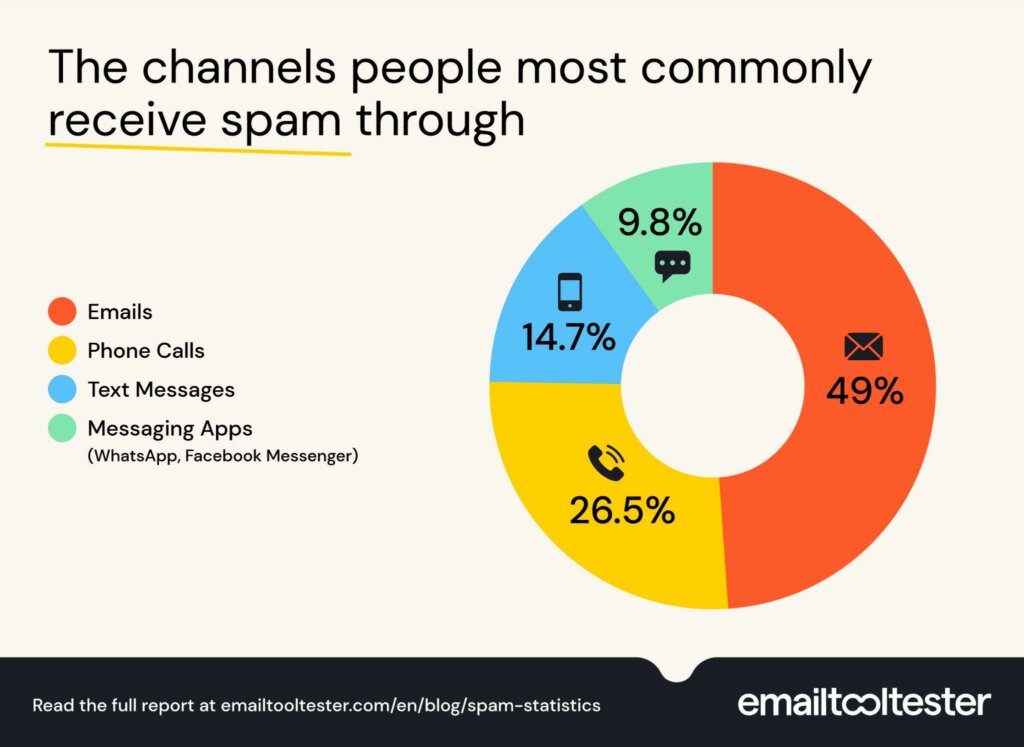
Why This Settlement Matters?
Beyond the money, this case represents a major step for consumer privacy rights in the digital era. When companies use your data or phone number without permission, they’re not just annoying you — they’re violating your trust and your privacy.
Class actions like this are part of a broader movement to hold corporations accountable. They remind tech giants that customer convenience should never come at the cost of consent.
According to consumer law attorney Kelly Swanson, these cases help shape corporate behavior:
“When consumers speak up, companies listen. TCPA cases are about more than dollars — they’re about setting standards for digital respect.”
The Bigger Picture: Spam Texts in America
If you feel like you’re getting more spam messages than ever — you’re right. The Federal Trade Commission (FTC) reports that Americans received over 225 billion spam texts in 2023, and the number continues to rise.
In fact, spam text scams cost U.S. consumers $330 million in 2022 alone
The most common scams include:
- Fake delivery alerts (“Your package is delayed, click here”)
- Phishing attempts pretending to be banks
- “You won!” sweepstakes or crypto schemes
This Cash App case may not involve fraud directly, but it reinforces the idea that consumers deserve control over what hits their inbox or phone screen.
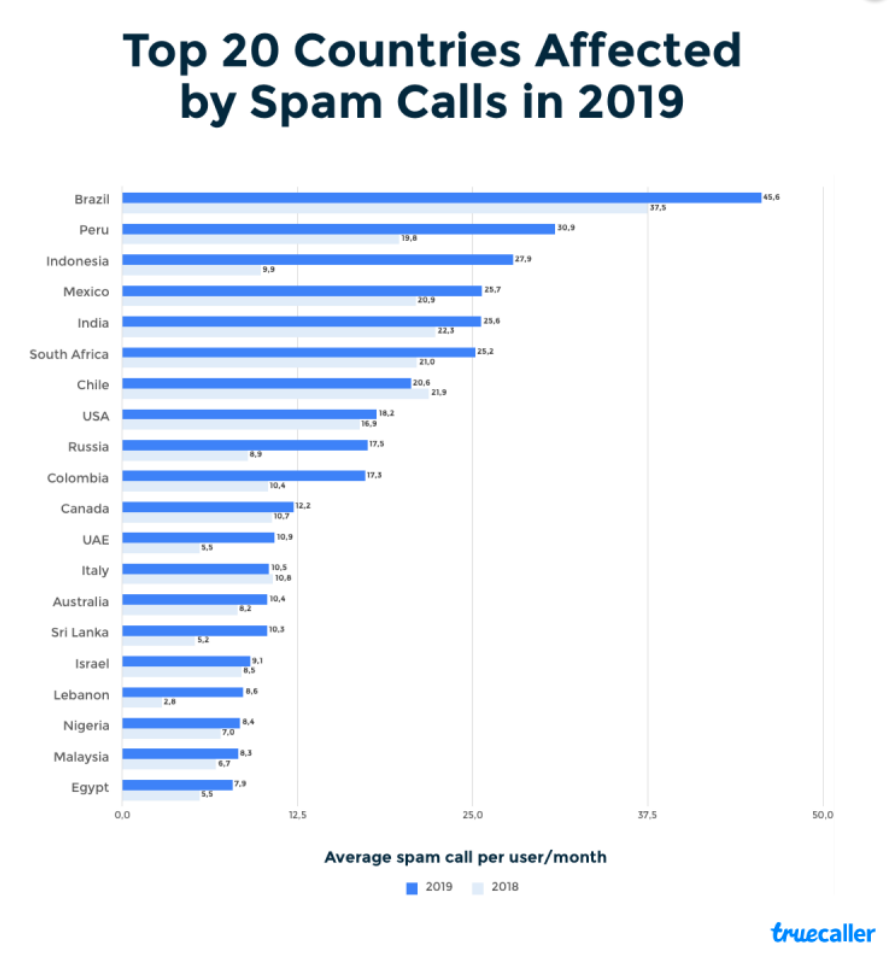
How to Protect Yourself from Spam and Scams?
Even if you’re not part of this lawsuit, you can take simple steps to protect your number from unwanted texts:
- Don’t click links in suspicious texts — ever. They can install malware or steal your info.
- Block and report spam numbers immediately.
- Forward spam texts to 7726 (SPAM) — a service used by major carriers to track and stop offenders.
- Use your phone’s filter settings to limit unknown senders.
- Register your number on the National Do Not Call Registry.
Other Notable Class Actions to Watch
If this settlement caught your eye, you might be eligible for others too. Here are some ongoing or recent class action cases worth checking:
- T-Mobile Data Breach Settlement — for customers impacted by data leaks.
- Facebook Biometric Data Settlement — for users in Illinois affected by facial recognition tech.
- Google Location Tracking Settlement — for those whose activity was tracked without consent.
Here’s Why So Many Americans Wish They Waited to Claim Their $300 Social Security
Greystar’s $50M Deal in RealPage Case Could Disrupt the Entire U.S. Rental Market
Trump Just Reinstated $187 Million for NYPD; Here’s Why It’s Sparking Major Controversy
Expert Take: What Consumers Should Learn
This case is a textbook example of consumer empowerment. Even small, repetitive annoyances — like unwanted marketing messages — can have real legal consequences. When consumers stand up, courts and regulators take notice.
It also shows how companies must rethink their marketing strategies. Automation and referral systems might be efficient, but without proper consent, they’re a legal risk.
“The digital world runs on trust,” says data privacy expert Michael Taylor. “Once you break that trust, you’re not just losing customers — you’re facing the law.”

